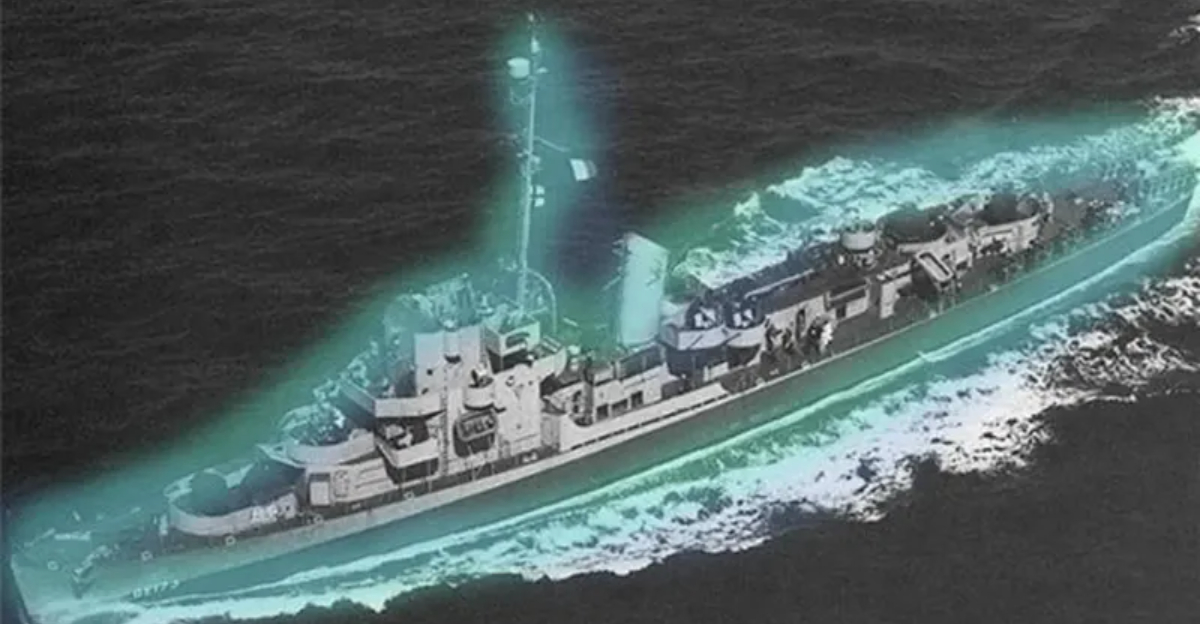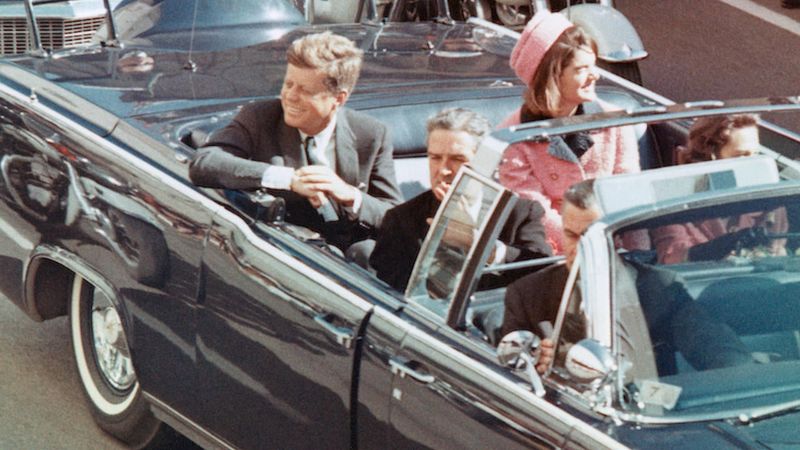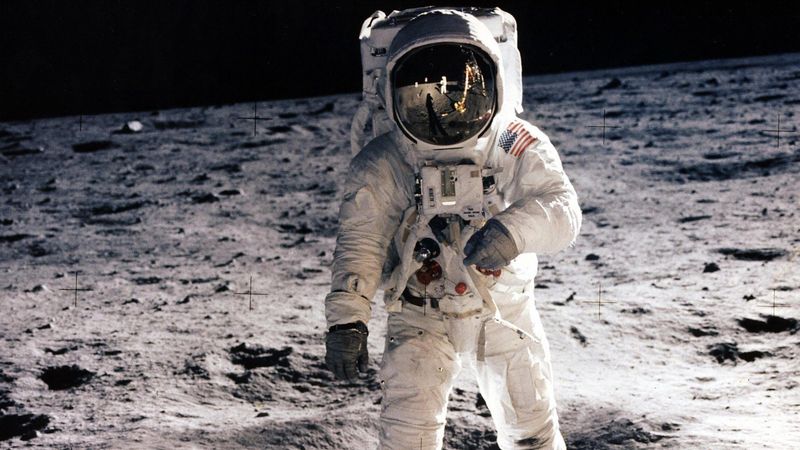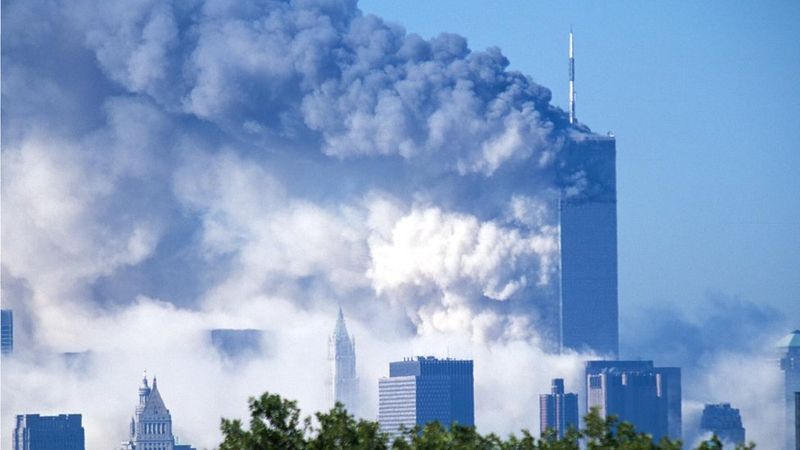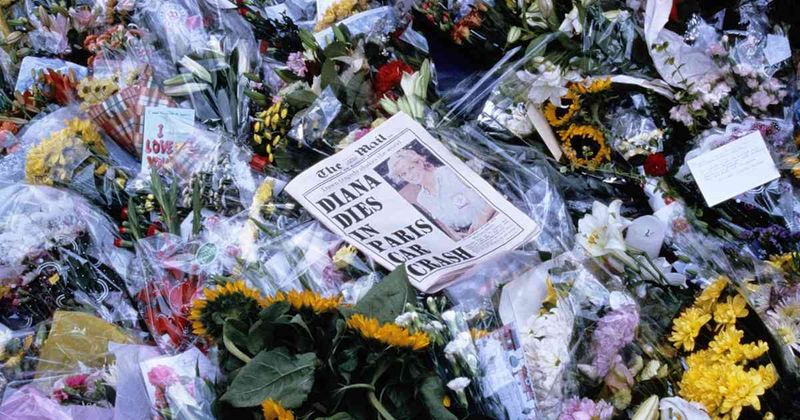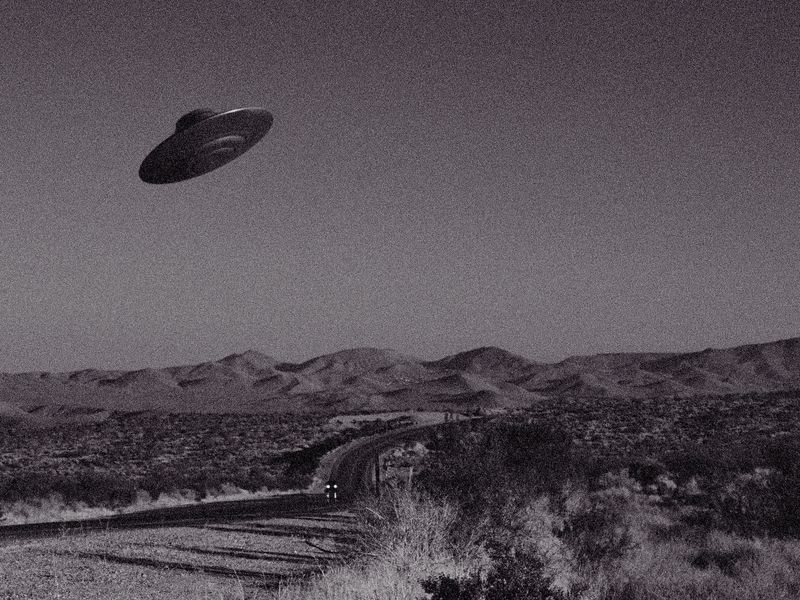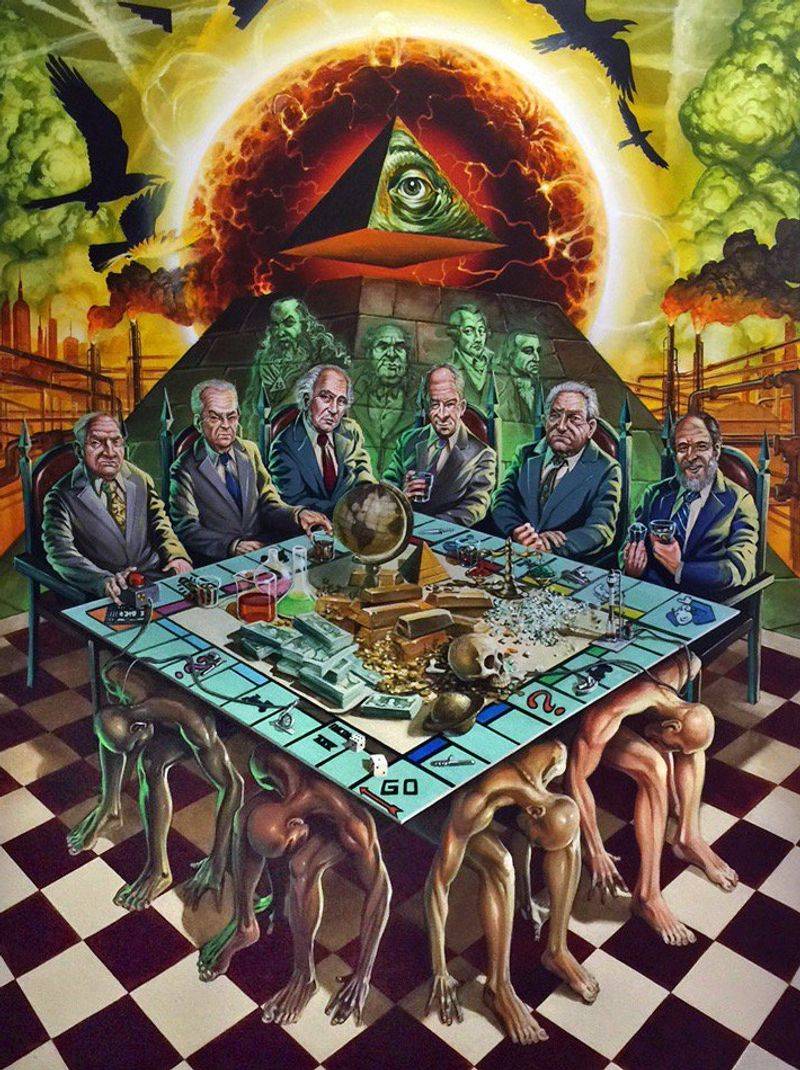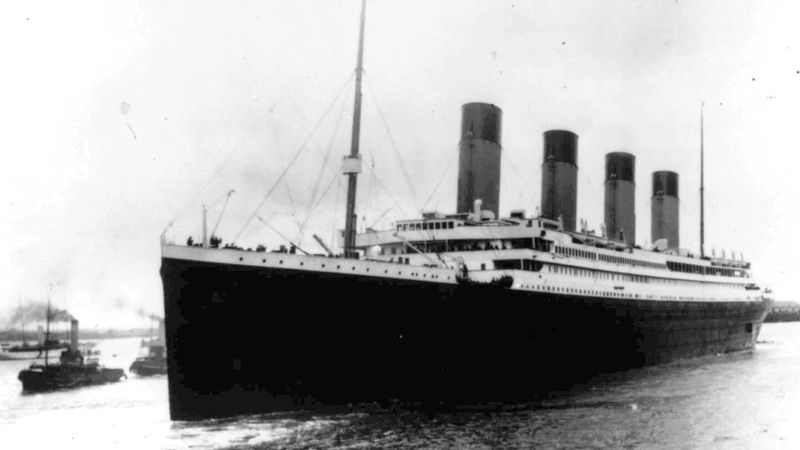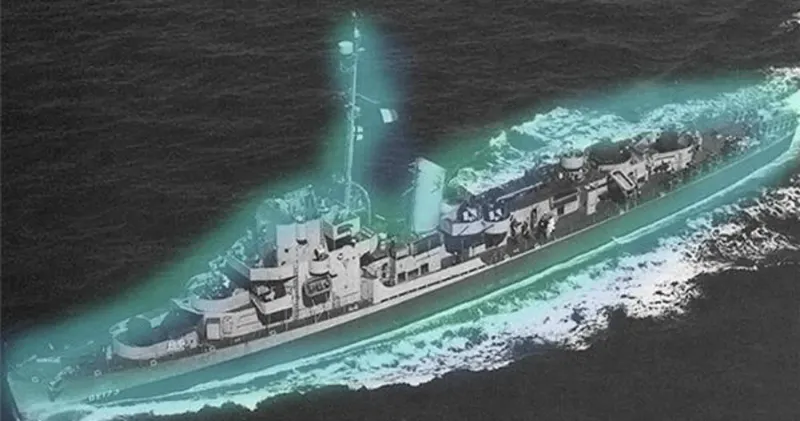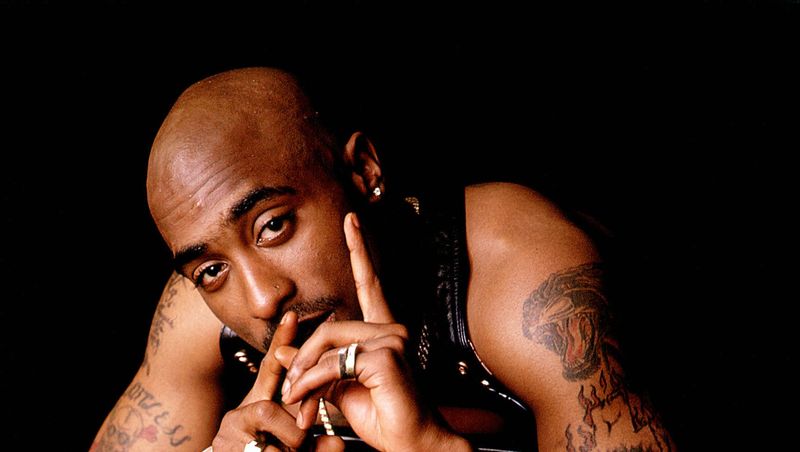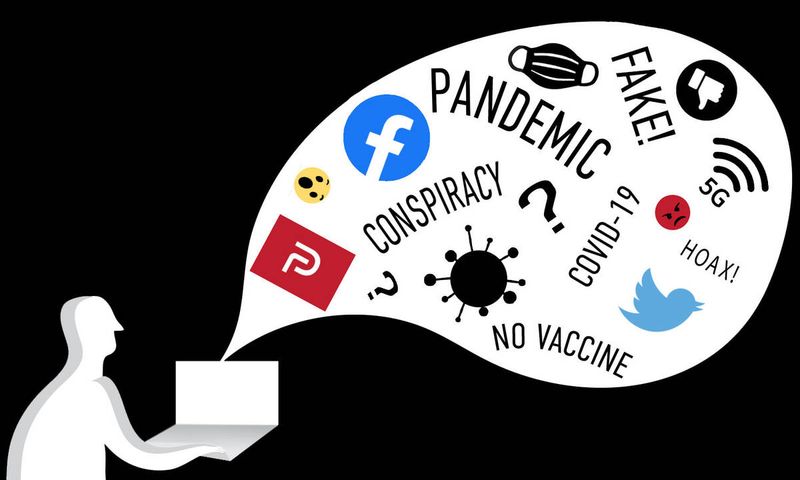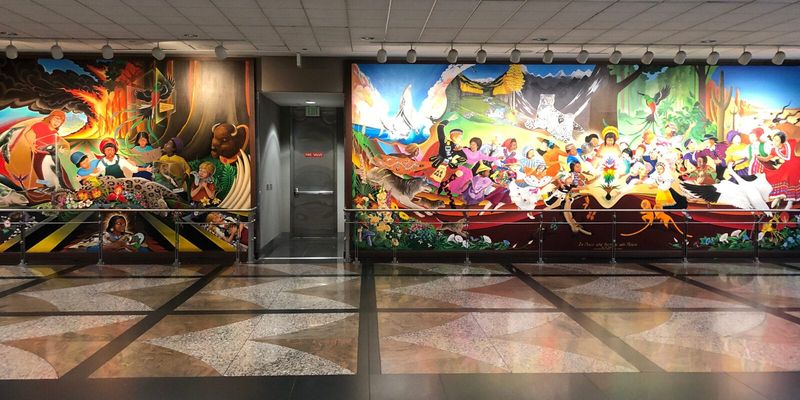Explore the world of conspiracy theories with this list of 13 of the most controversial and debated topics, from the assassination of JFK to the COVID-19 pandemic.
1. The Assassination of JFK (1963)
In 1963, the world was shaken by the assassination of President John F. Kennedy. Officially, Lee Harvey Oswald acted alone, but many theories suggest otherwise. Some believe the CIA, FBI, or even Lyndon B. Johnson orchestrated the event. The “Magic Bullet” theory adds to the intrigue, implying multiple shooters were involved. Others propose the Mafia or anti-Castro Cubans had a hand in the tragic event. The mystery surrounding JFK’s death continues to captivate the public, fueling debates and fascination over the decades.
2. The Moon Landing (1969)
The 1969 moon landing is a milestone in history, yet some doubt its authenticity. Conspiracy theories suggest director Stanley Kubrick faked the footage in a studio. Others claim it was staged to win the Space Race against the USSR. Shadows and flags in photos are scrutinized as “proof” of a hoax. Despite NASA’s evidence, these theories persist. The moon landing remains a topic of debate, inspiring films and books that question the truth behind this monumental achievement.
3. 9/11 Attacks (2001)
September 11, 2001, marks a day of tragedy, with planes hijacked by Al-Qaeda crashing into the WTC and Pentagon. Conspiracy theories abound, suggesting the U.S. government had prior knowledge, let it happen on purpose (“LIHOP”), or even orchestrated controlled demolitions. Some argue a missile, not a plane, hit the Pentagon. These theories challenge the official narrative, prompting debates and investigations into one of the most impactful events in modern history.
4. The Death of Princess Diana (1997)
In 1997, Princess Diana’s tragic death stunned the world. Official reports blame a drunk driver, but conspiracy theories suggest more sinister motives. Some believe the British royal family orchestrated her death to prevent scandal. Others claim she was pregnant with Dodi Al-Fayed’s child, prompting an assassination. Additionally, theories propose MI6 or the CIA were involved. Diana’s death remains shrouded in mystery, captivating those who question the official story.
5. The Roswell UFO Incident (1947)
In 1947, a supposed UFO crash in Roswell, New Mexico, sparked widespread intrigue. Officially deemed a weather balloon, conspiracy theories claim a cover-up of an alien spacecraft. Stories of extraterrestrial bodies and autopsies add to the allure. Some suggest reverse-engineering of UFO technology led to modern advancements. The Roswell incident fuels ongoing debates and fascination with the possibility of alien life and government secrecy.
6. The Illuminati & New World Order
The Illuminati, once a Bavarian secret society, is now a symbol of conspiracy theories. Believers argue it secretly controls governments, banks, and media. Claims of celebrities and politicians being part of a satanic elite add to the mystique. The New World Order conspiracy suggests a plan to establish a global authoritarian regime. Despite lacking concrete evidence, these theories captivate imaginations, influencing pop culture and sparking debates on power and control.
7. The Titanic Sinking (1912)
The Titanic’s sinking in 1912 is a well-known maritime disaster, yet conspiracy theories suggest hidden agendas. Some propose the ship was swapped with its sister, the Olympic, for an insurance scam. Others speculate J.P. Morgan orchestrated the disaster to eliminate business rivals. A more bizarre theory involves a cursed mummy’s coffin on board. These theories add layers of intrigue to the tragic event, keeping the story alive in modern culture.
8. The Philadelphia Experiment (1943)
The Philadelphia Experiment allegedly involved a U.S. Navy ship turning invisible or teleporting in 1943. Officially, it never happened, but theories suggest sailors were fused into the ship’s hull as a result of experiments. Some believe it involved time travel or interdimensional testing. This theory, though fictionalized, continues to intrigue, with stories of secretive government projects and unexplained phenomena persisting in popular culture.
9. The Death of Tupac Shakur (1996)
The 1996 murder of rapper Tupac Shakur remains unsolved, sparking numerous conspiracy theories. Some fans claim he faked his death and is in hiding. Others suggest the U.S. government or the LAPD were involved in his murder. Rumors also point to Suge Knight orchestrating the killing to avoid paying royalties. Despite official reports, the mystery surrounding Tupac’s death fuels speculation, keeping his legacy alive among fans and conspiracy theorists alike.
10. COVID-19 Pandemic (2020)
The COVID-19 pandemic, starting in 2020, led to various conspiracy theories. While science points to a natural zoonotic virus outbreak from Wuhan, China, theories suggest lab engineering. Some claim it was a bioweapon, while others accuse figures like Bill Gates of using it for population control via vaccines. The debunked notion that 5G towers spread the virus adds to the confusion. These theories, despite evidence, continue to circulate, highlighting distrust and misinformation in the digital age.
11. The Mandela Effect
The Mandela Effect refers to false collective memories, where many people recall events or facts differently from reality. The term originated from people remembering Nelson Mandela dying in prison in the 1980s, despite his real 2013 death. Examples include the “Berenstain Bears” vs. “Berenstein Bears” spelling. Some suggest alternate realities or changes in history explain these discrepancies. The Mandela Effect fascinates those interested in memory and reality’s nature, sparking discussions on perception and truth.
12. Avril Lavigne Replaced by a Clone
The theory that pop star Avril Lavigne was replaced by a clone, dubbed “the Avril is Dead theory,” emerged in the early 2000s. Supporters cite changes in her appearance and musical style as evidence. Claims suggest the real Avril died and was replaced by a lookalike named Melissa. Despite being debunked, the theory persists, sparking curiosity about celebrity culture and identity. This idea reflects broader themes of fame’s pressure and the fascination with hidden truths.
13. Denver Airport Murals & Underground Bunkers
Denver International Airport is infamous for its mysterious murals and alleged underground bunkers. The artwork’s symbolism leads some to believe it’s linked to the New World Order or secret societies. The idea of hidden bunkers fuels theories about preparations for global catastrophes or elite control. These stories intrigue visitors and conspiracy enthusiasts, turning the airport into a modern folklore site. Despite official denials, the allure of hidden truths and symbolism keeps the theories alive.
